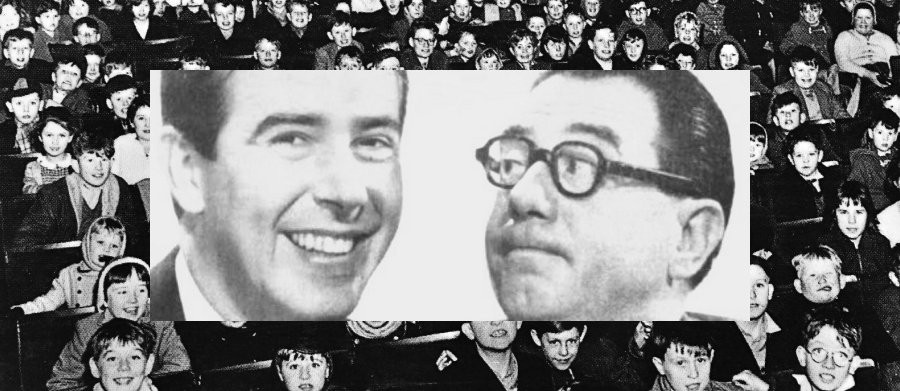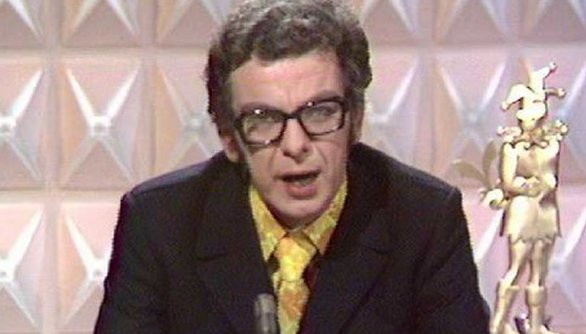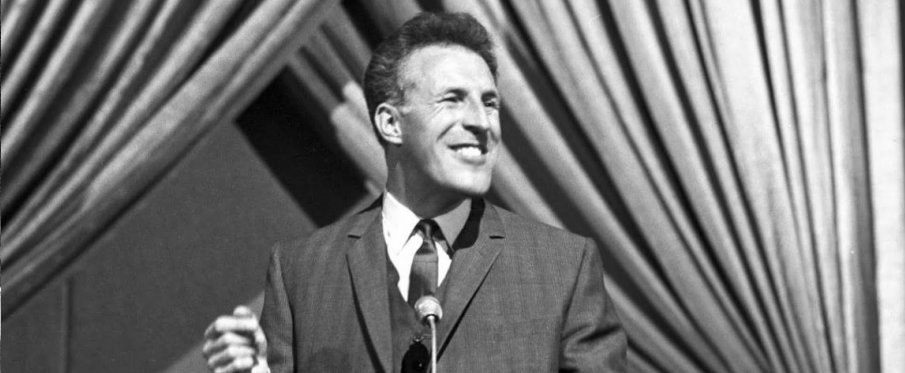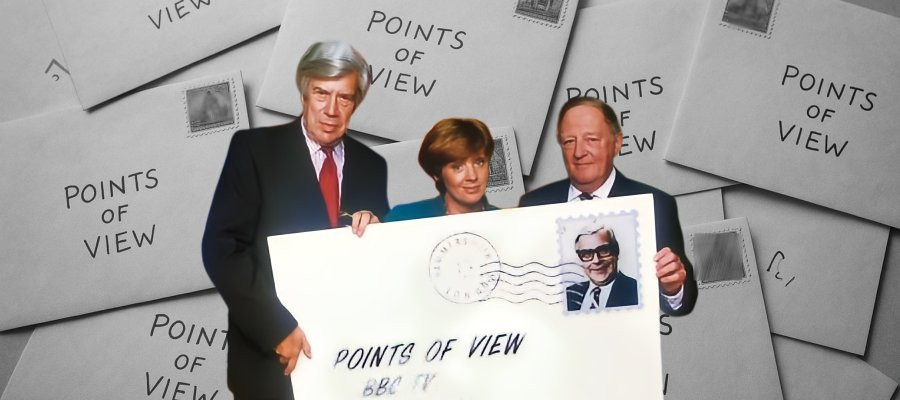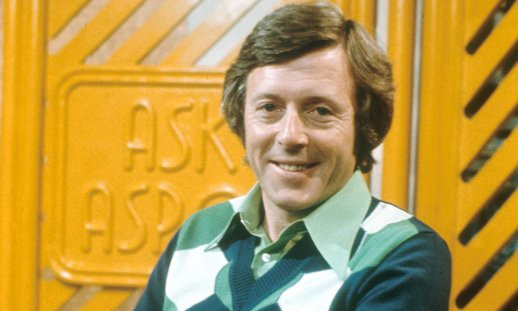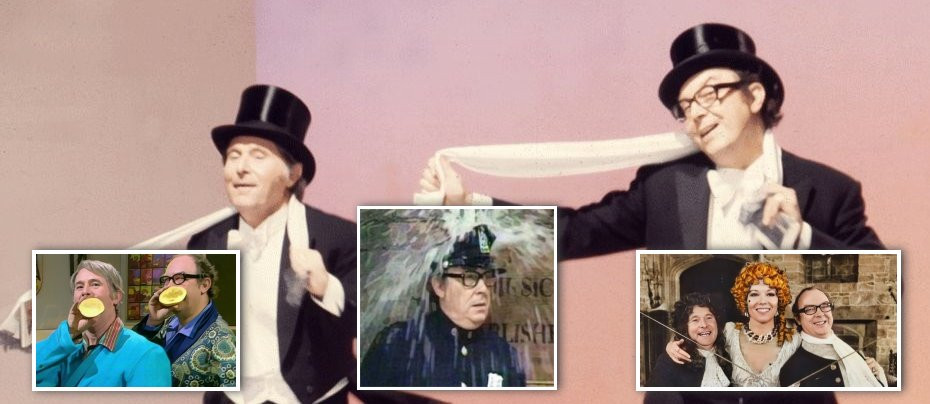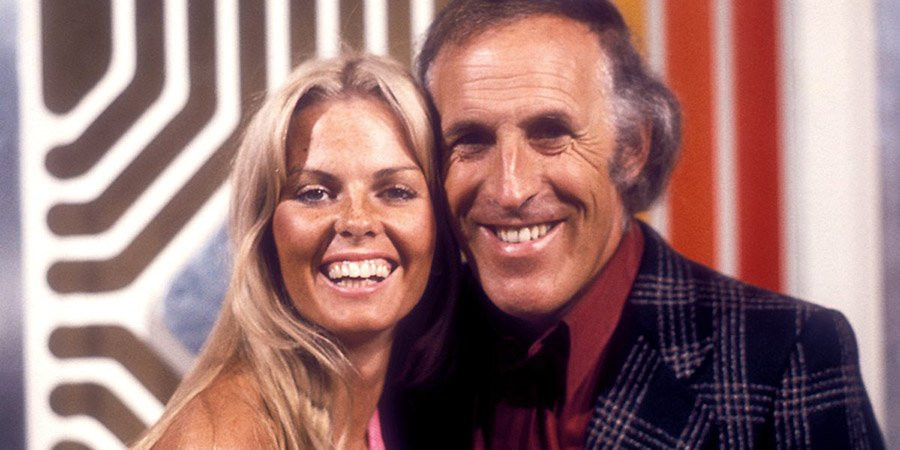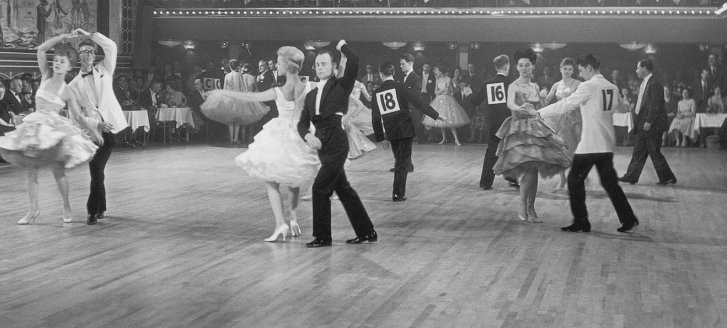
Come Dancing | Strictly Come Dancing
- United KingdomUnquestionably the longest running reality/talent/entertainment and gameshow on television, Come Dancing went through a number of format changes over the years and today, as Strictly Come Dancing, it is one of the BBC's biggest audience draws on prime-time television and has produced no less than 40 different versions in countries around the world. "It has become the world's most popular entertainment show," claimed BBC Worldwide in 2009. "What's more, the phenomena shows no sign of slowing down. Everyone wants it."
During World War Two the BBC began broadcasting dancing lessons on the radio!
The show, called BBC Dancing Club, began in the spring of 1941 and was broadcast from the Paris Cinema, Lower Regent Street, London in front of a studio audience. Dancing Club offered not just light entertainment but a morale boost and a bit of glamour for listeners in war torn Britain. The dance lessons were dictated by Victor Silvester, a former World Ballroom Dancing Champion, and while the music played (by the Victor Silvester Dance Orchestra), listeners had time to write down the dance steps that he dictated.
When the BBC resumed television broadcasts after the war, Dancing Club was transferred to the small screen as Television Dancing Club and after debuting in 1948 it wasn't long before there was a boom in dancing schools throughout the country. While Dancing Club (the 'Television' bit was eventually dropped) continued to be broadcast until the mid-1960s, in October 1949 the BBC tried a spin-off, and Come Dancing took to the floor from the Ritz Ballroom in Manchester.
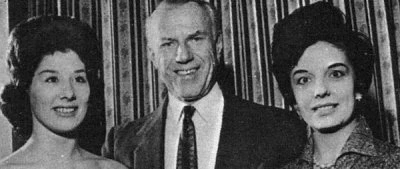
The series was the brainchild of Mecca Leisure Group supremo Eric Morley (also the founder of the Miss World competition). With Syd Perkin and Edna Duffield on hand to offer lessons the series quickly become a firm favourite and it wasn't long before regional ballroom dancing competitions began springing up. The next format change for the series came in 1953 when Come Dancing became regional itself with dance-offs up and down the country (with separate categories for each dance) and a national final was introduced. The many presenters over the years included Mary Malcolm, Sylvia Peters, McDonald Hobley, Peter West, Peter Dimmock, Terry Wogan, Brian Johnston, Angela Rippon, Michael Aspel, Noel Edmonds, David Jacobs, Judith Chalmers, Pete Murray, and Rosemarie Ford.
In 1963 the BBC almost lost the series to ITV after their contract with Mecca Ballrooms (who owned the format) was due for renewal, but a last minute deal was struck and the BBC retained the broadcast rights. Despite trying to keep the show updated down the years with different dance styles to reflect current musical trends, TV audiences eventually began finding their entertainment elsewhere and the BBC finally took steps to retire Come Dancing from our screens in December 1998.
In the early 2000's TV producer Richard Hopkins, who had spearheaded a "reality revolution" in British television when he produced the Bafta award-winning first series of Big Brother, came up with the idea of reviving Come Dancing - but with celebrities. His original title was Pro-Celebrity Dancing and he submitted this to the BBC. The BBC rejected it. Some time later, with the BBC looking at old TV shows to revive or revisit, entertainment executive Fenia Vardanis suggested revamping Come Dancing. Jane Lush, then head of BBC entertainment, remembered Hopkins’s idea, and told him to work it up into a detailed proposal.
Working together Hopkins and Vardanis came up with a format they now called Strictly Come Dancing - the 'Strictly' part of the title coming from the popular 1992 film Strictly Ballroom. The format settled upon was for a teaming up of celebrities with professional dancers, who each week would be challenged to learn a different dance. A flamboyant judging panel was added and viewers would then phone in to decide which couple should be eliminated.
Introduced by the king of the light entertainment and gameshows, Bruce Forsyth, himself no mean hoofer, viewing figures for the first series in 2004 soon topped seven million, making it the BBC's most successful light entertainment launch for more than a decade. Following Forsyth's departure after series 11, Tess Daly took over as the main presenter and Claudia Winkleman took over Daly's role as co-presenter. Since then the show has continued to thrive, regularly out-rating ITV's flagship Saturday night show, X-Factor, Strictly Come Dancing is now (at the time of writing) into its sixteenth series and shows no sign of doing anything other than 'keep dancing!'
Seen this show? How do you rate it?
Seen this show? How do you rate it?
Published on December 5th, 2018. Written by Laurence Marcus (September 2014 - updated December 2018) for Television Heaven.



